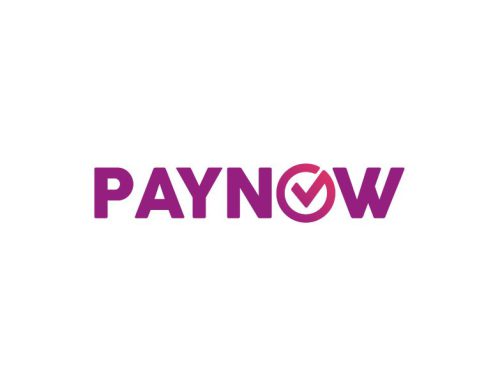Paid-Up Capital is the amount of money that a company has received in exchange for its shares. Paid-Up Capital is created when the company sells its share on the primary market, directly to investors.
Paid Up-Capital comprises of two sections:
1) The par value of the shares issued
2) The additional Paid-Up Capital
Each share is issued at a base or nominal price called its par. Usually, this is set at $1. The amount above this amount is called additional Paid-Up Capital. On the balance sheet, the par valued of the issued shares is listed under the shareholders’ equity section. The shares can be common or preferred or any other class if available.
For example, a company may sell 100 shares for $10 with a par value of $1. The total cost of the shares is $1,000. The balance sheet will reflect this under the shareholders’ equity section as Paid-Up Capital of $1,000 with a breakdown of $100 of common shares and $900 of additional Paid-Up Capital.
Paid-Up Capital represents money that is paid-up. i.e. not borrowed. The amount of Paid-Up Capital is significant for potential investors and lenders. It represents the amount of money that the shareholders have put into the business. Investors use this figure to access how much investment they are willing to risk in return for the potential success of the company. Banks use this figure to determine the financial strength of the company when deciding whether to extend financing to the company.
When a company is incorporated in Singapore, we will need to inform the Accounting and Corporate Regulatory Authority (ACRA) of the Paid-Up Capital of the company. Once the company is incorporated and the company bank account is opened, this money needs to be deposited into the company bank account. This money is now the property of the company and can only be used for company related matters and expenses. Paid-Up Capital does not have to be locked in the bank. It can be used to pay things like salaries and office rent.
We usually do not recommend that companies put their Paid-Up Capital too low. For example, there are many instances whereby companies put their Paid-Up Capital as $1. This is not recommended as this reflects badly on the financial strength and commitment of the shareholders. There are costs to set up a company such as costs for setting up the company and corporate secretarial fees. Paid-Up Capital can be utilised for these fees as well.
When in doubt, you may seek legal advice or an experienced ACRA Filing Agent.
Yours Sincerely,
The editorial team at Singapore Secretary Services







[…] Paid-up capital (at least $1) […]